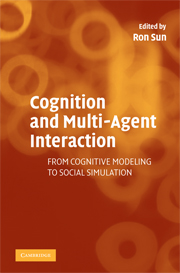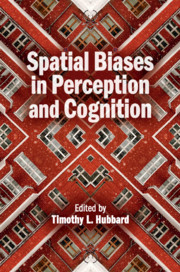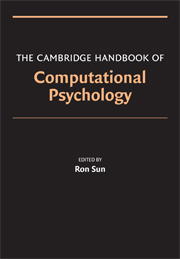Cognition and Multi-Agent Interaction
This book explores the intersection between cognitive sciences and social sciences. In particular, it explores the intersection between individual cognitive modeling and modeling of multi-agent interaction (social stimulation). The two contributing fields - individual cognitive modeling (especially cognitive architectures) and modeling of multi-agent interaction (including social simulation and, to some extent, multi-agent systems) - have seen phenomenal growth in recent years. However, the interaction of these two fields has not been sufficiently developed. We believe that the interaction of the two may be more significant than either alone. They bring with them enormous intellectual capitals. These intellectual capitals can be profitably leveraged in creating true synergy between the two fields, leading to more in-depth studies and better understanding of both individual cognition and sociocultural processes. It is possible that an integrative field of study in cognitive and social sciences is emerging and we are laying the foundation for it.
- Explores a heretofore largely unexplored area
- Chapters are written by leading researchers in various disciplines. They provide provocative new insight into relevant issues and solid research
- Intended for researchers and students in cognitive, behavioral, and social sciences but it may also be read by interested laymen
Product details
August 2008Paperback
9780521728959
448 pages
228 × 151 × 20 mm
0.59kg
Available
Table of Contents
- Part I. Introduction:
- 1. Prolegomena to integrating cognitive modeling and social simulation Ron Sun
- Part II. Overviews of Cognitive Architectures:
- 2. Modeling paradigms in ACT-R Niel Taatgen, Christian Lebiere and John Anderson
- 3. Considering Soar as an agent architecture Robert Wray and Randolph M. Jones
- 4. The CLARION cognitive architecture: extending cognitive modeling to social simulation Ron Sun
- Part III. Modeling and Simulating Cognitive and Social Processes:
- 5. Cognitive architectures, game playing, and human evolution Robert West, Christian Lebiere, and Dan Bothell
- 6. Simulating a simple case of organizational decision making Isaac Naveh and Ron Sun
- 7. Cognitive modeling of social behaviors William J. Clancey, Maarten Sierhuis, Bruce Damer, and Boris Brodsky
- 8. Cognitive agents interacting in real and virtual worlds Brad Best and Christian Lebiere
- 9. Modeling social emotions and social attributions Jonathan Gratch, Wenji Mao, and Stacy Marcella
- 10. Communicating and collaborating with robotic agents J. Gregory Trafton, Alan C. Schultz, Nicholas L. Cassimatis, Laura M. Hiatt, Dennis Perzanowski, Derek P. Brock, Magdalena D. Bugajska, and William Adams
- 11. Behavior-based methods for modeling and structuring control of social robots Dylan Shell and Maja Mataric
- 12. Evolution of a teamwork model Nathan Schurr, Steven Okamoto, Rajiv T. Matheswaran, and Milind Tambe
- 13. Sociality in embodied neural agents Domenico Parisi and Stefano Nolfi
- 14. Cognitive architecture and contents for social structures and interactions Cristiano Castelfranchi
- Part IV. A Symposium:
- 15. Cognitive science and good social science Scott Moss
- 16. Collective cognition and emergence in multi-agent systems Pietro Panzarasa and Nick Jennings
- 17. Social judgement in multi-agent systems Tom Burns and Ewa Roszkowska
- 18. Including human variability in a cognitive architecture to improve team simulation Frank Ritter and Emma Norling
- 19. When does social simulation need cognitive models? Nigel Gilbert.









